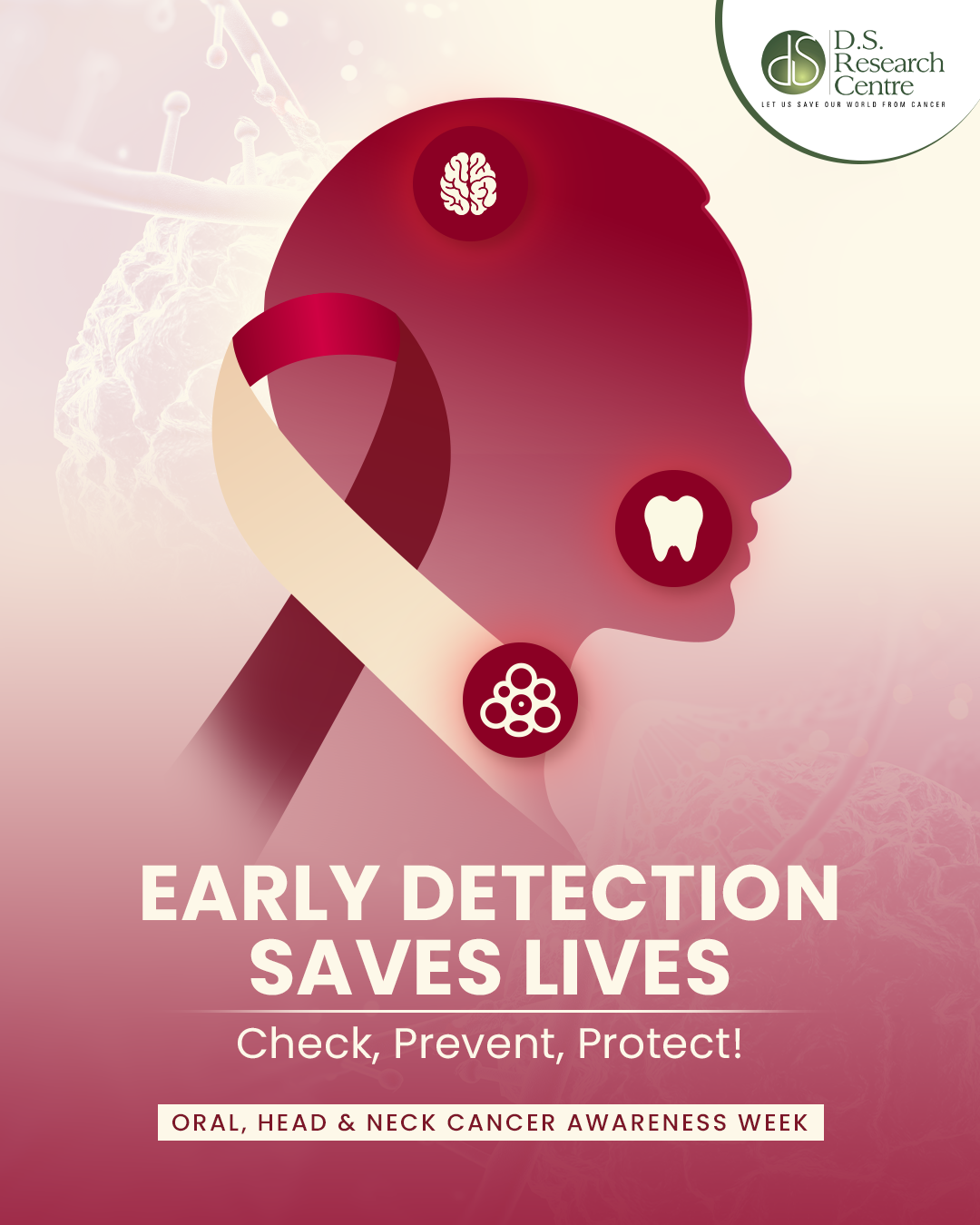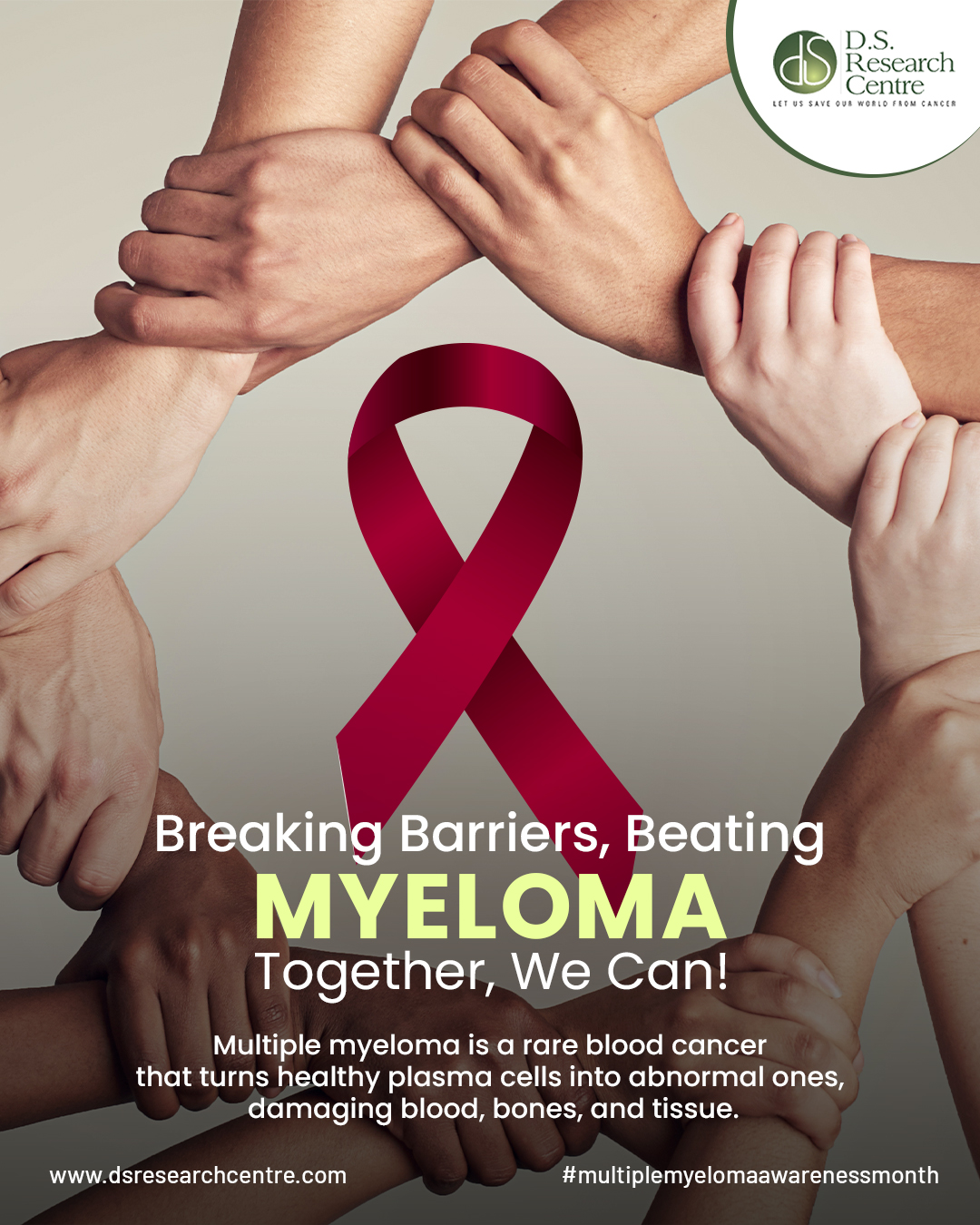As per the system concerned, Bladder cancer is a common form
of urological cancers or excretory system originated cancers. The prime concern
regarding bladder cancer is its highest recurrence rate. It is one of the most
recurrent urological cancers. The common form of bladder cancer is urothelial
carcinoma.
What is bladder
cancer?
Urinary bladder is an important organ of our excretory system
and an essential part of urinary tract. The healthy bladder lining is called
urothelium and when the cells of bladder lining starts growing abnormally in an uncontrolled and
dys-synchronized manner forming a malignant mass then it is named as bladder
cancer.
Almost 90% of the bladder cancers are urothelial carcinoma
which are also called as Transitional cell carcinoma or TCC. Squamous cell
carcinoma and Adenocarcinoma are two other varieties which accounts for less
than 5% of the bladder cancers.
What are the symptoms
of bladder cancer?
Common symptom is the haematuria ie. blood in
urine. It may not be regular or the blood may not be evident as it
may appear all of a sudden and go on its own. Sometimes it may come as brownish
urine.
Some of the less common symptoms include the presentation
of UTI like frequent urge of urination,
burning urine, pelvic pain etc.
Differential diagnosis
Having
blood in urine is not confirmatory for bladder cancer. Other conditions when
you may have blood in urine are
Urinary
tract infection
Kidney
infection or kidney stones
Prostate
pathology in males
STDs
etc
What are the causes/ risk Factors
for bladder cancer
-
Previous history of chemotherapy or radiotherapy exposure to areas near to
urinary bladder like colon, uterus, cervix or rectal area.
-
Repeated or long term urinary tract infections and chronic renal, urethral or
bladder stones.
-
Chronic patient and under treatment for type-2 diabetes mellitus for prolonged
period.
-
Certain occupational hazards like working in plastic, rubber, dyes
manufacturing companies and regular exposure to petrol or diesel fumes.
-
Heavy and chronic smokers
-
Increased BMI and abdominal obesity.
Early diagnosis leads to recovery from
bladder cancer
Although
all the cases of haematuria are not bladder cancer, you should consult your
doctor when you notify such episodes. Tests for diagnosis include
-
Cystoscopy
-
Radiological tests like CT Scan and MRI
-
Diagnostic Transurethral Resection of Bladder tumour if cystoscopy detects
abnormal growth.
Bladder cancer awareness/ Steps to
be taken for prevention/ Early detection
-
Screening tests like USG Pelvis, X ray
KUB follow ups to be performed in high risk groups having family history
of urological cancers or chemicals/radiation exposure prone individuals.
-
Adoption of healthy diet and lifestyle, avoidance of smoking
-
To follow Adharaniya Vega(non-
suppression of natural urges) principle as per Ayurveda in day to day lifestyle,
ie. timely evacuation of urinary urges without holding for prolonged periods.
-
In case of any diseases including urological system, to adopt prompt measures
to overcome the disease pathology.
-
To avoid occupational hazards as much as possible and adopt pre-cautionary
measures in required fields.
-
To avoid or minimise treatment hazards, adopt alternative Ayurvedic system to
treat/ heal naturally without any side effects.
-
To resist ascending infections and use of timely measures in case of infections
related to uro-genital organs.
Timely
detection and timely intervention of Bladder cancer leads to success in
treatment.
Be
aware and stay safe.








Posted on April 15, 2016
Posted on April 15, 2016